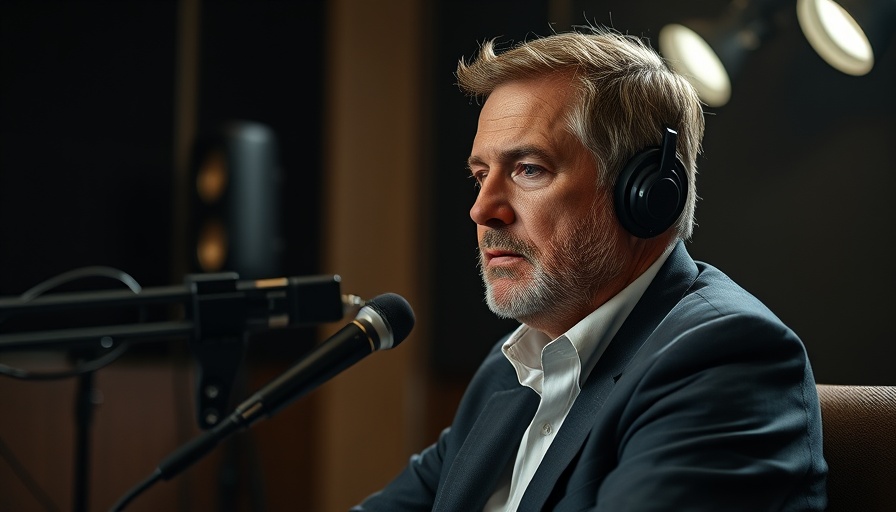
The Truth About ADHD Medications and Addiction
The conversation surrounding ADHD medications often evokes strong emotions, primarily fueled by misconceptions about their addictive potential. Many parents grapple with the fear that these medications might lead their children down a path of addiction, believing that pills become crutches rather than tools for empowerment. This perception was echoed in personal stories, such as one parent's journey with their son. Initially hesitant, they soon recognized how these medications could enhance focus and support a more balanced life.
In 💊 Myth Busted: ADHD Meds = Addiction? Not Quite!, the discussion dives into the misconceptions surrounding ADHD medications and addiction, prompting a deeper analysis of how these medications can positively impact lives.
Addressing Common Misconceptions
Understanding ADHD medications is crucial, especially for those who might not be directly involved. These medications, often including stimulants like Adderall and Ritalin, are designed to help individuals manage symptoms effectively. Importantly, they function differently in those with ADHD compared to the general population. While they can enhance concentration and reduce impulsivity in those with ADHD, they typically do not have the same euphoric effects that lead to abuse in others.
Real-Life Transformations
Many families share transformative stories, highlighting how medication has helped not just with academics but also with emotional regulation and social interactions. For instance, the parent mentioned in the video expressed a change in attitude after witnessing their child's newfound ability to manage daily challenges without constantly battling distractions. This shift in perspective is common, as many find that medication can create a foundation that allows other interventions, like therapy or behavioral training, to flourish.
How Medication Can Fit into a Holistic Approach
While navigating the world of ADHD, it's essential to view medication as just one part of a broader strategy. Holistic approaches, including therapy, support groups, and even natural supplements, can work hand-in-hand with medication. This integrated approach ensures that individuals not only thrive academically and socially but also foster a deeper self-awareness and personal growth.
Encouraging Open Conversations with Healthcare Providers
Families should feel empowered to have open dialogues about ADHD and treatment options. Discussing concerns regarding addiction and side effects with healthcare providers can lead to tailored strategies that genuinely meet each individual's needs. It’s through these conversations that misconceptions can be dispelled, paving the way for informed decisions.
In conclusion, understanding the role of ADHD medications can be a path to empowerment rather than fear. By embracing an informed perspective and discussing openly with professionals, families can make choices that lead to healthier, more fulfilling lives.
 Add Row
Add Row  Add
Add 




Write A Comment